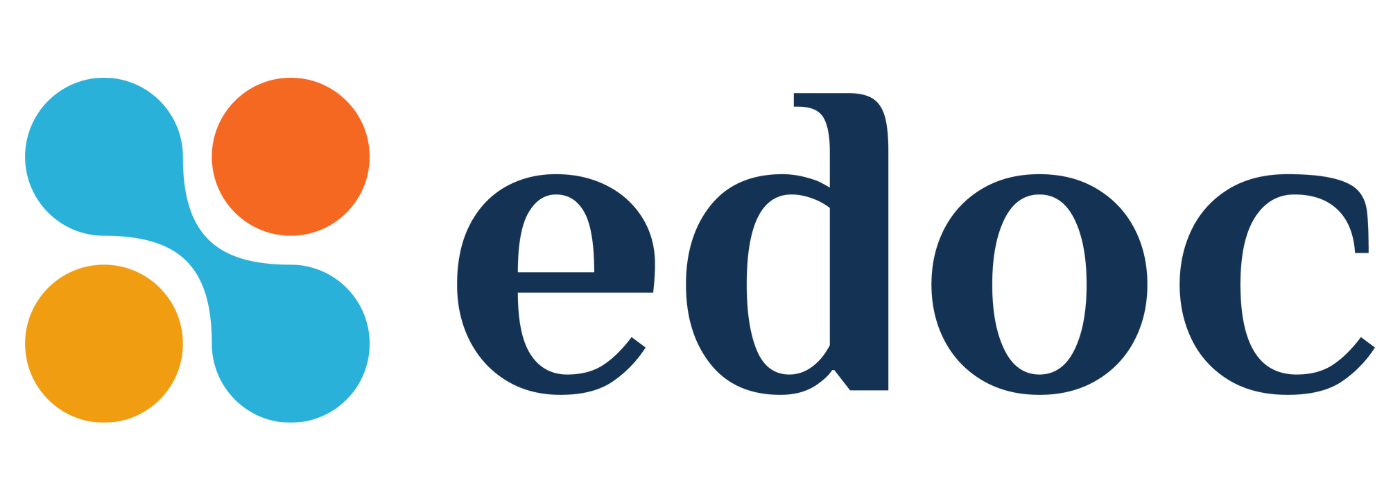On Stewardship
Stewardship is a way if life—a way of thinking, acting, believing. It is about seeing the business as an entity that serves a larger purpose, transcending individual gains or just one or two people in the business. To us, stewardship in business puts the value on people and focuses on the long-term view.
Here’s how we see it:
Approaching Stewardship:
Beyond Ownership: Business stewardship is rooted in the belief that the business is bigger than any one individual. It helps us make decisions with the “greater good” in mind. This perspective means we don’t always see the outcome of what we’re building, and that’s okay. We see business as a legacy that contributes to a broader community and serves multiple stakeholders.
Higher Purpose: Many opportunities and resources are seen as blessings, which comes with the responsibility to manage them wisely and ethically. This impacts our decisions and belief system, both big and small. It also impacts what we do on a daily basis.
Key Constituents:
While this list isn’t exhaustive in nature, here are a few groups of people we serve:
Clients: Ensuring that the needs and interests of clients are met with integrity and excellence.
Staff: Fostering a trusting and supportive environment where employees feel valued and part of the mission.
Community and beyond: We aim to build strong, ethical relationships with partners and other business associates and stakeholders. Our suppliers and our competitors are even people we touch with our decisions—and we can take pride in that.
An Emphasis on Stewardship
We’ve heard it said that “stewardship is not just about how you steward finances,” and that resonates with us deeply. We’ve heard this described by others, but to us, stewardship is about:
Time: Time is so precious. And here’s another idea: all of us only have 24 hours in our day. Managing time effectively helps us ensure that personal, family, and professional commitments (and others) get the attention they deserve. Giving time to others shows that we value them. What a great gift we can provide, and what a wonderful way to practice how thankfulness in others.
Treasure: Investing and being generous with our treasures in a way that benefit the business, its stakeholders, and the wider community.
Resources: Utilizing all resources with a long-term mindset. We don’t always see the benefit or “pay off’ of the investments we are making. This mindset is truly different in today’s business world.
Talent: Recognizing and nurturing the talents of employees, helping them grow and contribute meaningfully to the business. We don’t “own” our employees – we want what is best for them, even if it means saying goodbye to our company for a new chapter.
A Different View of ‘Success’
We’ve adopted this view on stewardship because we have adopted a different view of what success looks like. That view is one that believes all staff should be able to experience a sense of purpose in their work. Although unconventional, this way of stewardship has retained staff, grown our teams, and cultivated a healthy culture for us.
